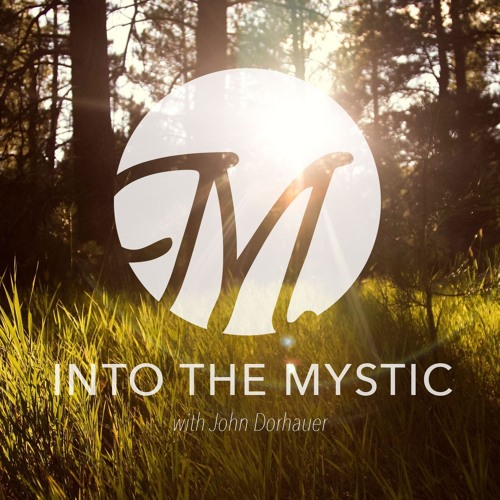Grief
Listen to the podcast
Read the transcript
I’m Rev. Jess Chancey, filling in for John as he is away on sabbatical.
This past week we observed All Hallows’ Eve, All Saints’ Day, and Day of the Dead, times that we look back at those who have gone before us in death, honor their lives and tend to that which remains. This time of year is always difficult for me, as I remember my list of names. Facebook pages turned into memorials. Emails never answered. Text message conversations cut off. Entries in my contacts list that I can’t bring myself to remove. This grief is deep, and it is a natural part of life.
In my work as a chaplain, I’m honored to be with people in all the different parts of life. One area of the hospital I cover is the neonatal intensive care unit, where tiny babies learn to breathe on their own, regulate their own body temperature, and eat. I encourage them to get fat and happy, to grow and go home to families who love them, and I get to celebrate each step along the way, from that first day out of the isolette into an open crib, to the day the feeding tube comes out, to the day parents have baby bundled into the car seat and wave goodbye to us. There are celebrations all over the hospital. Folks who have gone through weeks of radiation and chemo and have just found out that the cancer has finally gone into remission. Burn survivors who finally get to go home after months of skin grafts and therapy. And yes, COVID patients who are finally out of isolation and can breathe again.
And yet, a large part of my work is indeed what people normally think of when I tell them I’m a chaplain. I bear witness to all kinds of loss. The loss of a loved one to death, sudden, drawn out, violent, quiet. The loss of a limb. The loss of identity to a chronic diagnosis. The loss of control while they’re stuck in that hospital bed. Each of these losses has its own kind of grief, and each person’s grief is different from everyone else’s. Perhaps that’s why knowing how to care for grieving people is such an intensive part of pastoral care training. I’ve certainly seen grief support gone wrong! Cheap platitudes that dismiss the validity of the person’s sorrow, saying things like “God wanted another angel” or “Everything happens for a reason” or “You’re young, you can have another baby.” And then there are the ones who go so far over the top with rituals and prayers that border on ostentatious, taking something meaningful and making it clearly more about the pastoral skills of the chaplain than about the grief of the loved ones.
I try really hard not to fall into either of those traps, working to keep on the middle ground. I don’t always get it right, I am human after all, but I strive to listen more than I speak, keeping an open spirit to what the other person is feeling, and especially to what they need from me to tap into the hope that we are called to remember. Paul reminds us that we do not grieve as those who have no hope, which some people take to mean that we should not grieve at all. No, grief will have its time, whether you let it or not. However, our grief is at its healthiest when we keep in touch with hope. Not hope for something in particular, that’s a wish, not hope. I mean that kind of hope that theologians talk about when they talk about eschatological hope, a hope that looks toward the inbreaking of God’s kin-dom. We say that it is here now, and yet not here. We work to bring forth a just world for all, while also putting our hope in a God who will ensure that this work is successful, and that one day every tear will be wiped from every eye, for death will be no more.
In the meantime, we hold onto this hope that makes the grief no less real, but a bit more bearable. To Uncle Russell and my Pawpaw, it’s been 14 years and I still miss you. I will love you forever. To my friend James, you were much too young, and I pray daily for your family and all the friends who miss our slothy man. And for you, gentle listeners, I pray that you hold onto hope as you honor those you grieve, on this, our journey into the mystic.
Related News
Bodily Autonomy Means Every-BODY
Advocacy and Action for Women's and Gender Justice Local events stir thoughts and...
Read MoreAn ally experiences PRIDE in the CLE
Advocacy and Action for Women's and Gender Justice Local events stir thoughts and...
Read MoreUCC Releases Menstrual Health Toolkit
Advocacy and Action for Menstrual Health and Justice Work with partners Church World Service...
Read More
